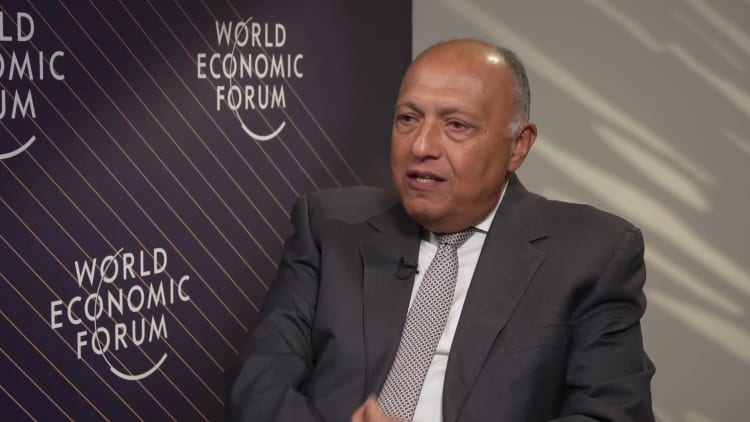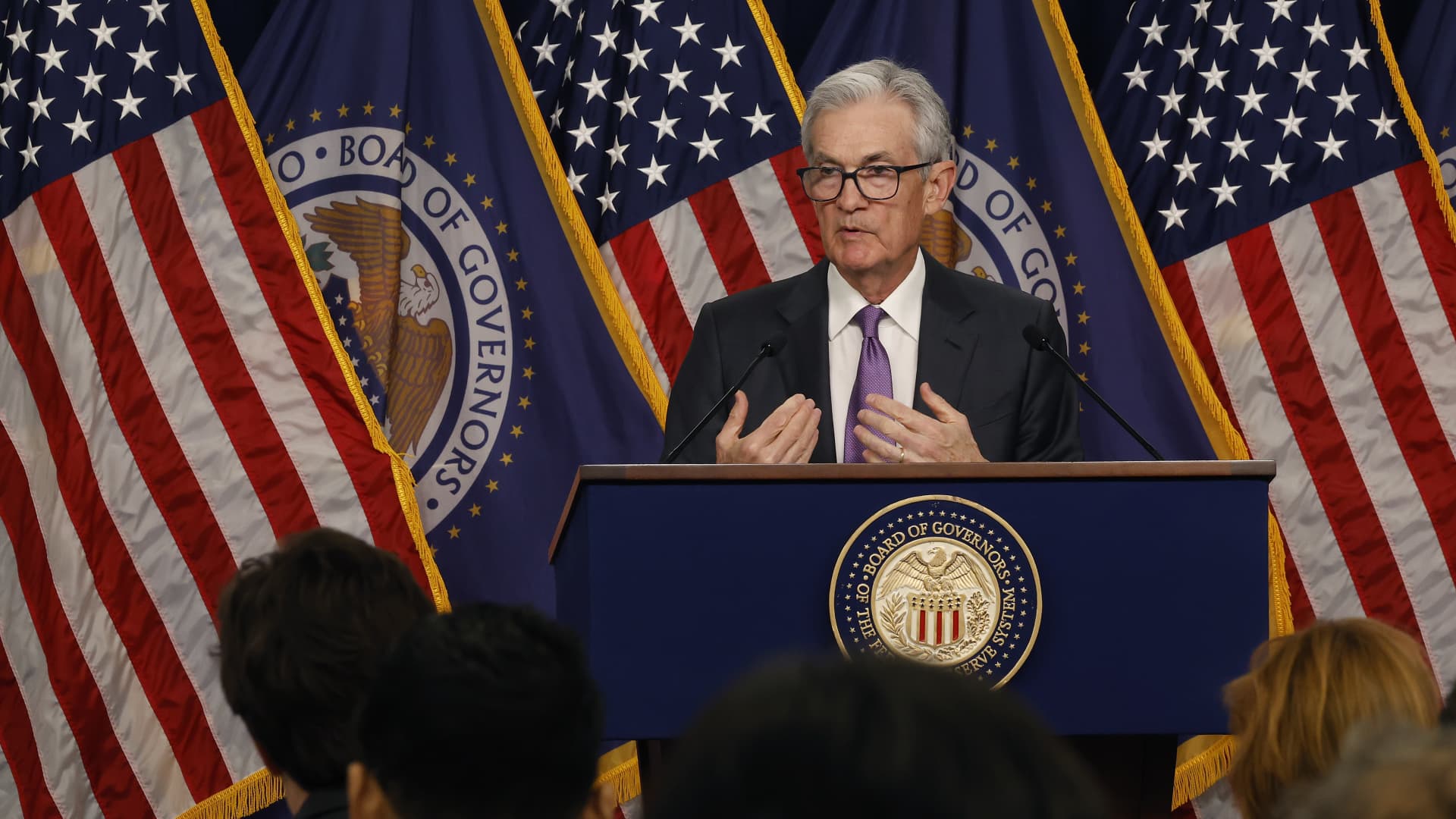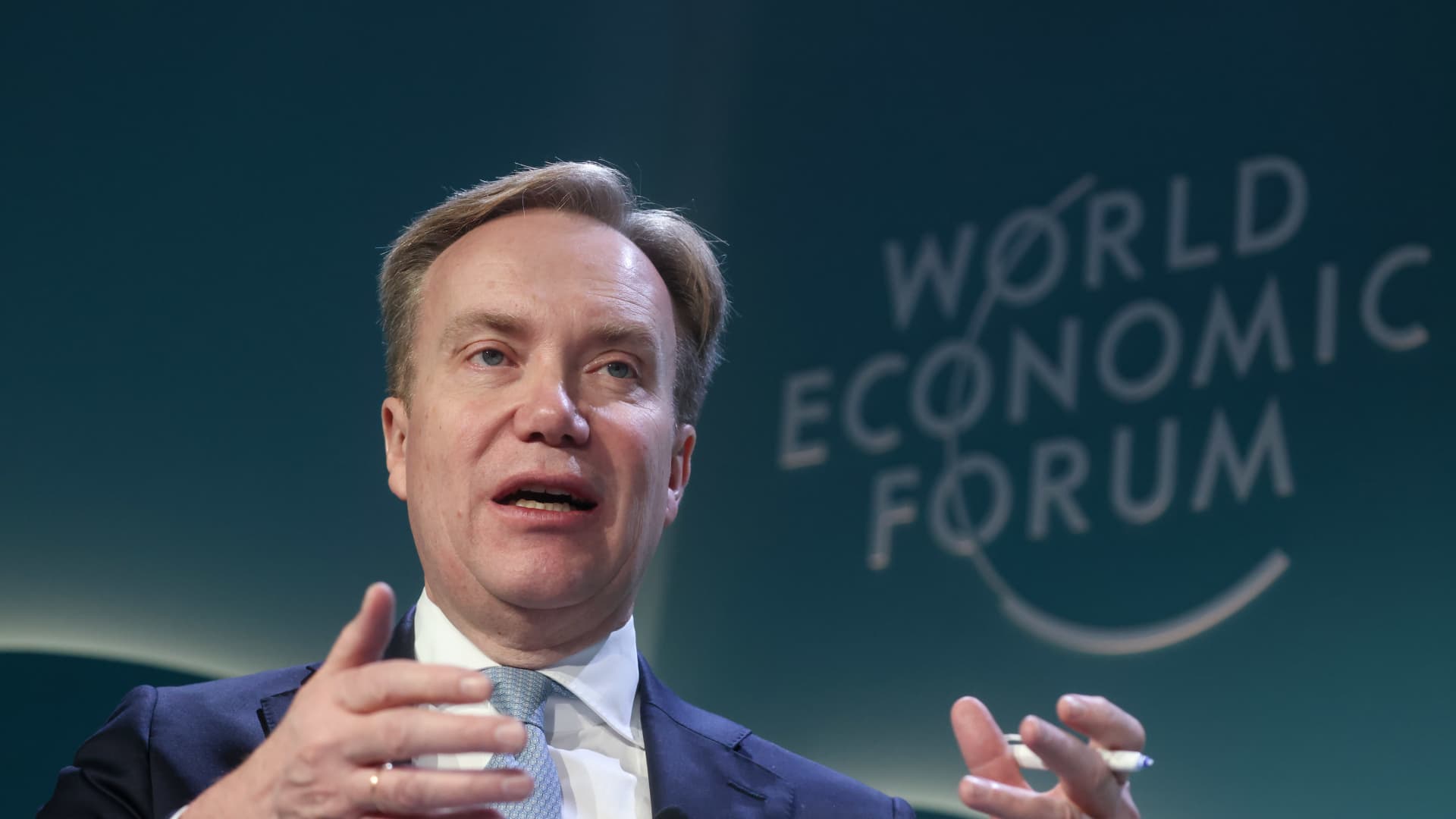Federal Reserve Bank Chairman Jerome Powell speaks during a press conference at the bank’s William McChesney Martin Building on March 20, 2024 in Washington, DC.
Chip Somodevilla | Getty Images
The U.S. economy could be headed for stormy waters in 2025 if the Federal Reserve doesn’t take action on interest rates soon, State Street’s head of EMEA investment strategy said on Tuesday.
Altaf Kassam told CNBC that classic monetary policy mechanisms are “broken,” meaning any changes made by the Fed will now take longer to trickle down to the real economy – potentially delaying larger shocks.
“The traditional transmission mechanism is broken or no longer works so well,” Kassam told Squawk Box Europe.
The research leader attributed this shift to two things. First, US consumers, whose largest liability is typically their mortgage, which was mostly secured on a longer-term fixed rate basis during the Covid-19 low interest rate era. At the same time, U.S. companies largely refinanced their debt at lower interest rates.
Therefore, the impact of persistently higher interest rates, for example, may not be felt until later in the refinancing process.
“The problem is that if interest rates stay at this level until about 2025, when there’s a big refinancing wall, then I think more things are going to collapse,” Kassam said.
“Right now, consumers and businesses are not feeling the burden of higher interest rates,” he added.
Expectations of a near-term Fed rate cut have declined recently amid persistent inflation data and hawkish comments from policymakers.
San Francisco Fed President Mary Daly said on Monday there was “no urgency” to cut U.S. interest rates as the economy and labor market continued to show signs of strength and inflation was still above the Fed’s target 2%.
Until last month, markets had expected up to three interest rate cuts this year, the first in June. However, a number of banks have now pushed back their schedules, with both Bank of America and Deutsche Bank saying last week that they now only expect a rate cut in December.
This marks a departure from the European Central Bank, which remains widely expected to cut interest rates in June after leaving it unchanged at its meeting last week. However, Morgan Stanley on Monday lowered its ECB rate cut expectations in 2024 from 100 basis points to 75 basis points, which it said was due to “the change in the Fed’s rate cutting cycle forecast.”
Kassam said Tuesday that State Street’s expectations for a Fed rate cut in June have not changed.
Source link
2024-04-16 12:14:53
www.cnbc.com










